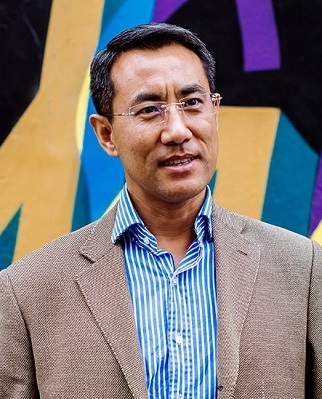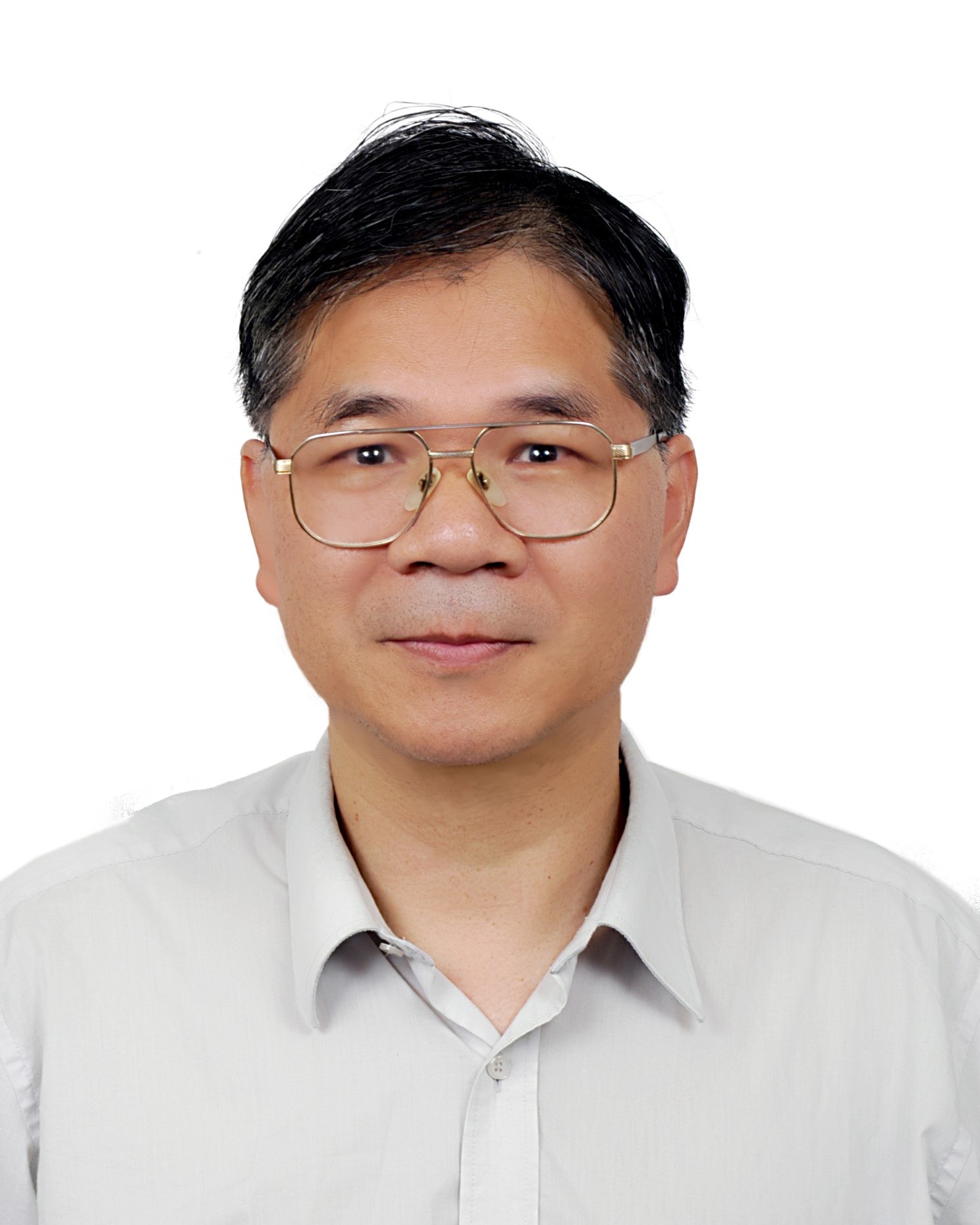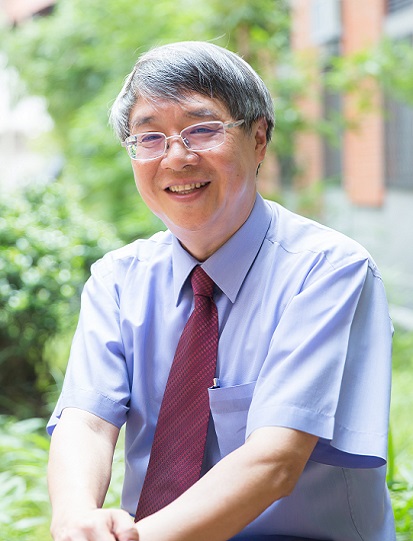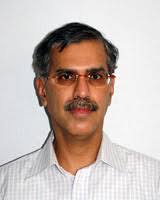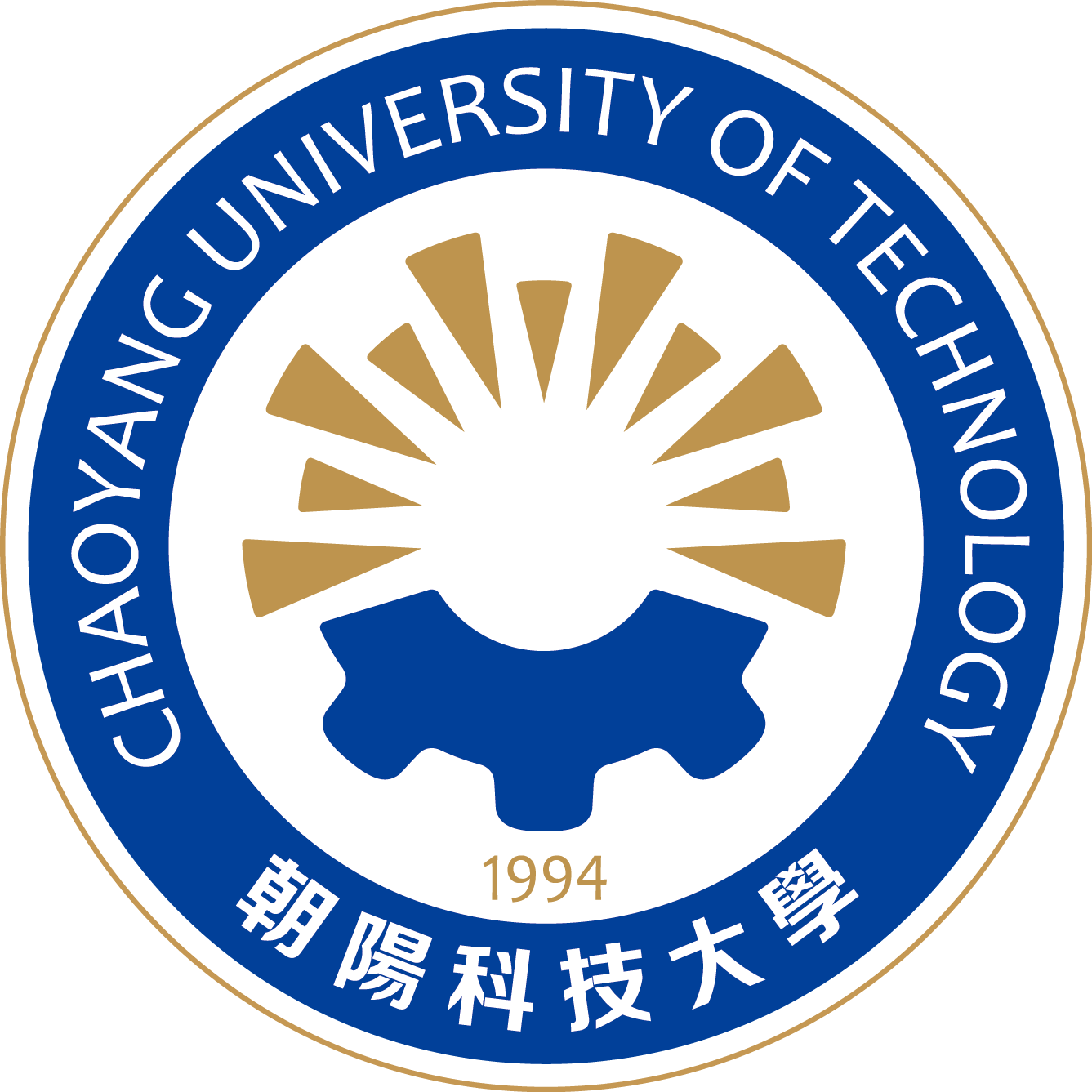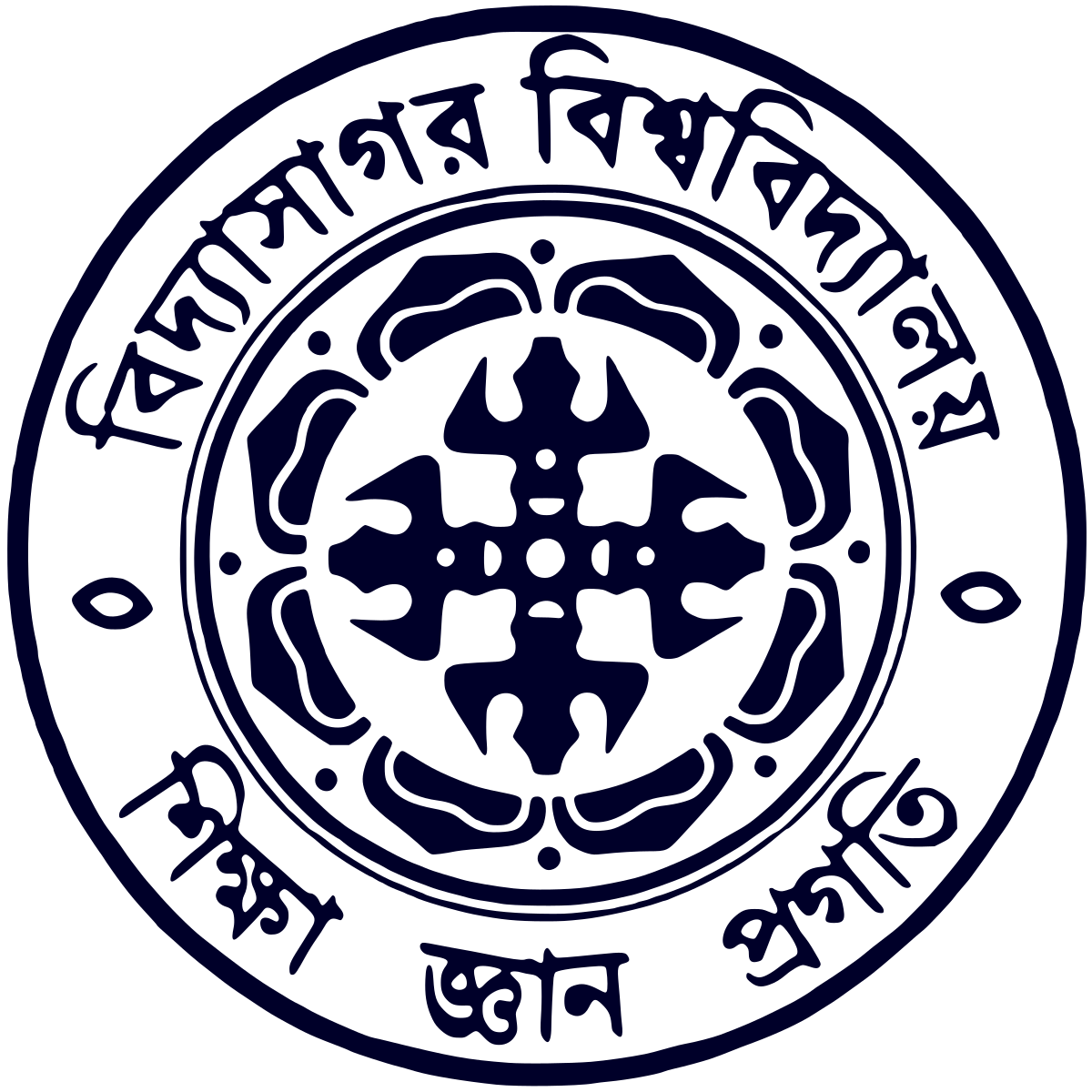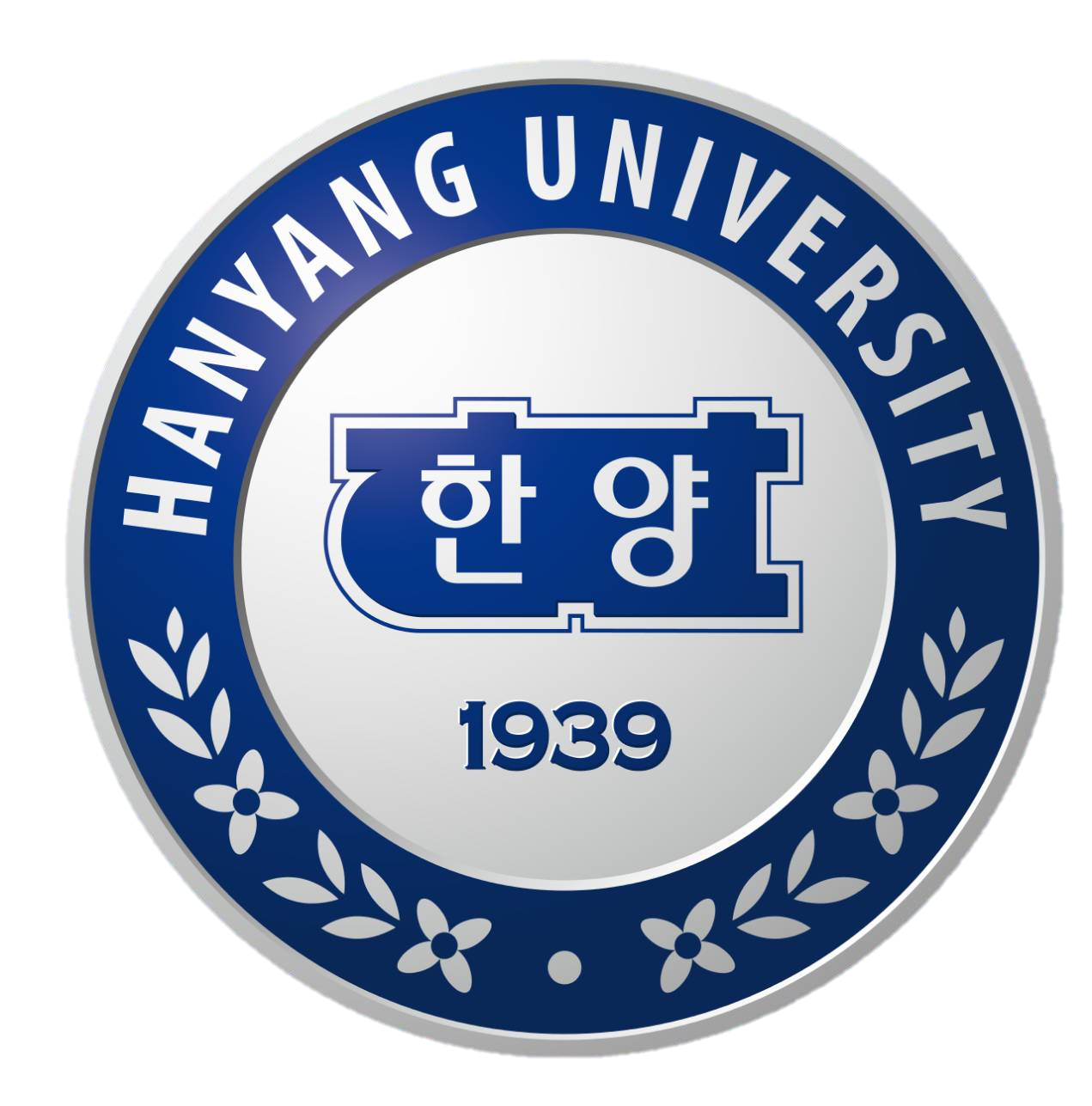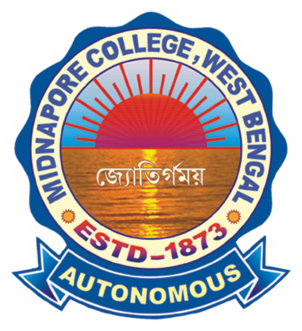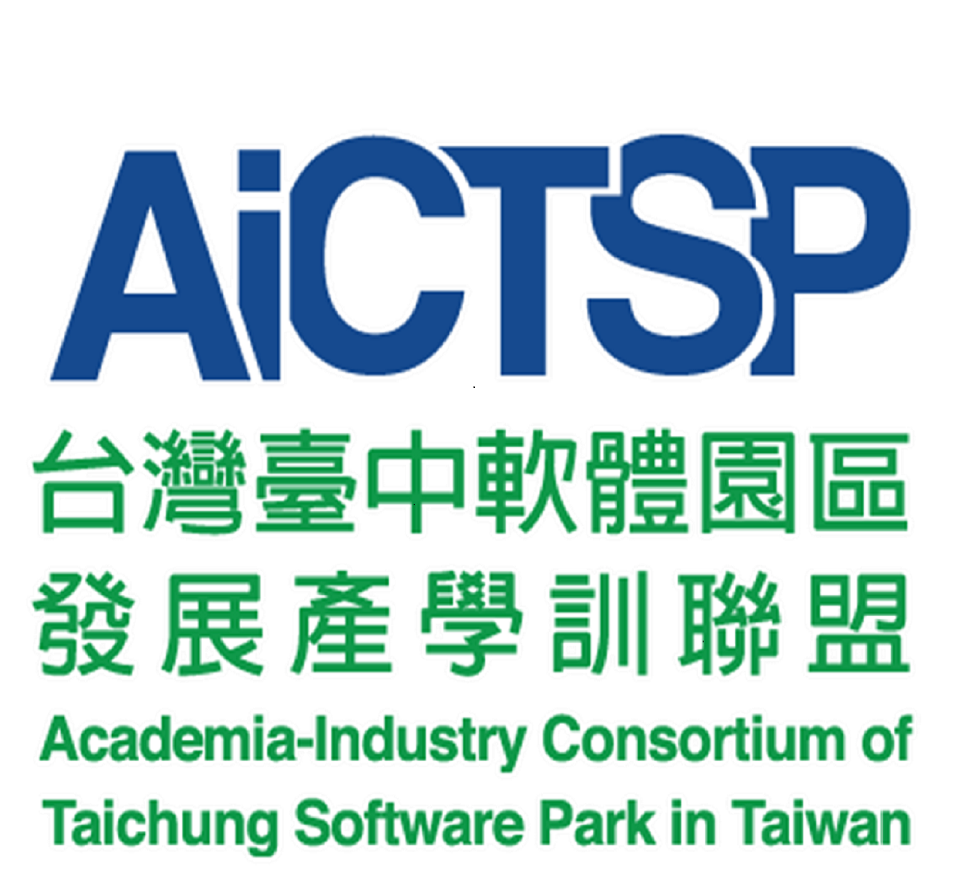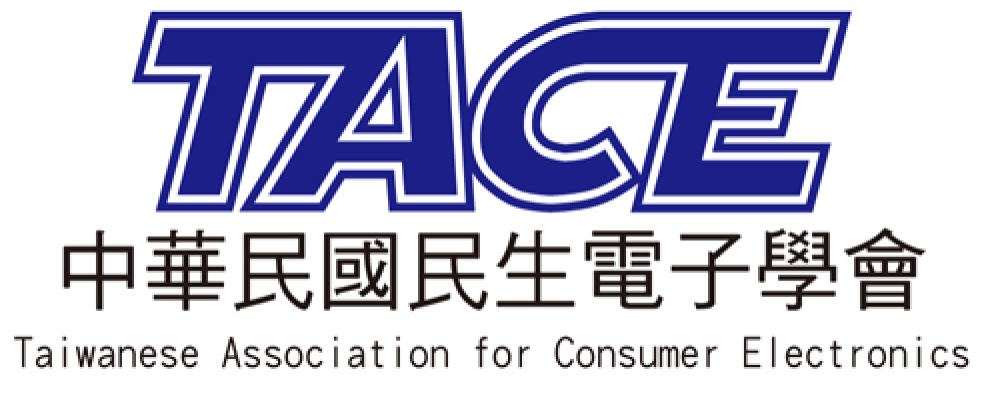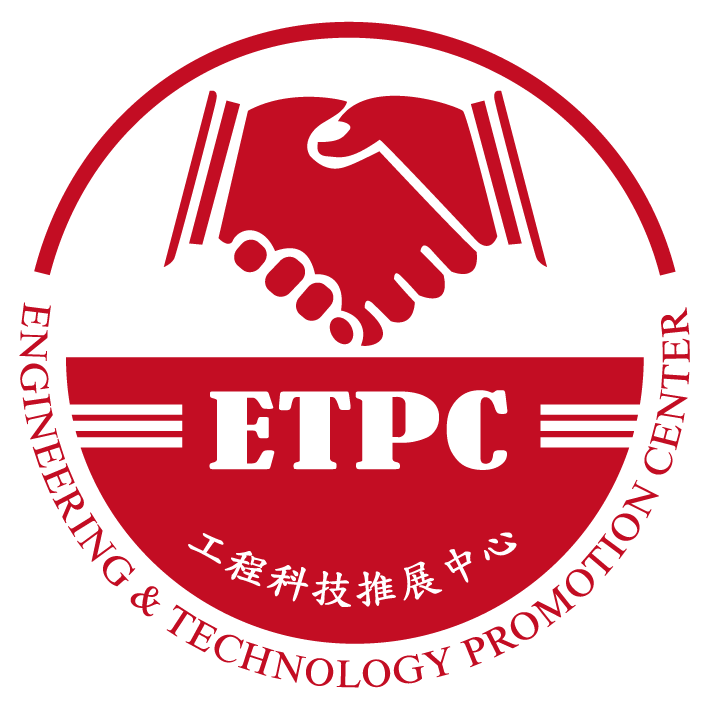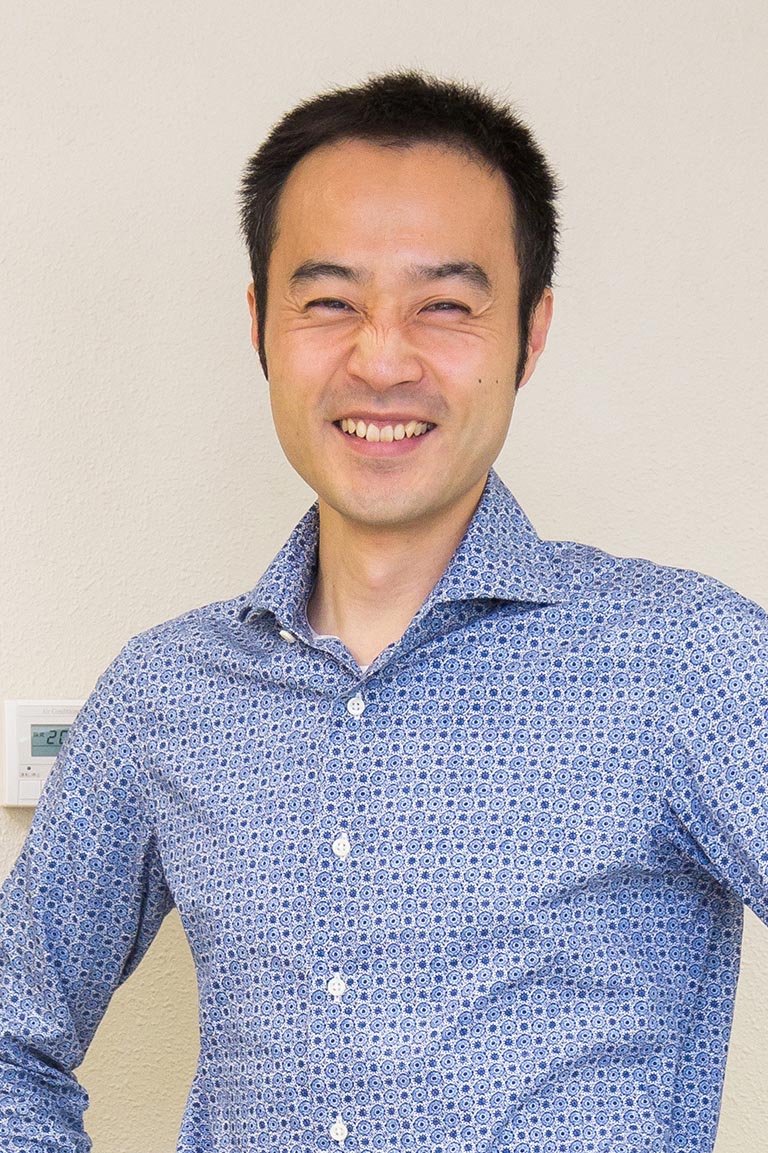
Professor YOSHIOKA Rentaro
University of Aizu / Department of Computer Science and Engineering
Topic : Human-Centered Integration: Enhancing Visitor Experience through Sensor Agents, Compute Agents, and Human Interaction at Museums
The need to develop human-centered systems that facilitate interactions that strike a good balance of automation introduced by AI and robots with human control is increasing. These interactions are crucial for addressing social challenges by enhancing human abilities while respecting human behavior and preferences. This talk will overview the concepts for developing a platform to measure and improve the quality of visitor experience at a museum. The platform integrates sensor agents that measure human activity, compute agents that produce multi-faceted data from the sensor data, and applications that support humans in understanding and using the data. Sensors can efficiently measure visitor activity, the environment, and features that are difficult or unrecognizable to humans. On the other hand, the quality of the visitor experience cannot be expressed and evaluated only by numerical values but requires human intervention to understand it. This platform integrates devices, programs, and humans, making it possible to assess and verify the quality of the visitor experience, with humans playing a central role. Examples of utilizing multiple sensors, visualizations provided by the compute agents, and applications to support interactions with the curators will be presented.
RENTARO YOSHIOKA received BA in Physics from the College of Liberal Arts, International Christian University, Tokyo, Japan, in 1996. He received his MS (1999) and Ph.D. (2002) in Computer Science and Engineering from the University of Aizu, Fukushima, Japan. He is a Professor at the Graduate School of Computer Science and Engineering, University of Aizu. He has worked on human-computer collaboration, user-centered programming languages/environments, programming learning tools, software engineering, and 3DKanji. His research focuses on Active Knowledge Engineering, especially new knowledge creation/communication data formats, collaborative design of intelligent systems, and practical software engineering approaches to support knowledge creation. He is a member of ACM and IEEE.
